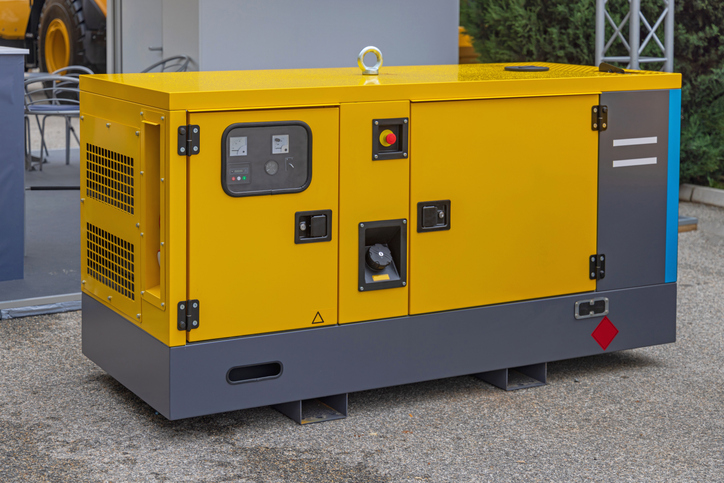Introduction
Installing a generator during a power outage isn’t something you can do on the fly. There are rules, inspections, and safety considerations that homeowners must address before even turning a wrench. For those considering emergency generator installation in Canton, MA, understanding the legal and technical groundwork is not optional—it’s essential.
Beyond the convenience of backup power, a properly installed generator must be compliant with state codes and local ordinances to protect your property, your family, and the community around you. Here’s everything you should know before moving forward.
Permits & Safety Tips Before Emergency Generator Installation
1. Local Permitting is Always Required
Before installing a generator, homeowners must apply for and receive the proper permits from the city or town. These permits often require a site plan, detailed electrical schematics, and inspections at multiple phases of the project. Skipping this process can lead to fines or forced removal of your generator. Not to mention, insurance may not cover damages caused by an unpermitted setup.
2. National and State Codes Must Be Followed
Generator installations must adhere to both the National Electrical Code (NEC) and Massachusetts’ building codes. These regulations govern everything from wire gauge to exhaust clearance. Improper installations can result in dangerous backfeeds or fire hazards. Ensuring code compliance protects not only your family but also utility workers restoring power during outages.
3. Site Selection Impacts Safety and Compliance
Choosing where to install your generator is not just a matter of convenience. Units must be placed a certain distance from doors, windows, and neighboring properties. Ventilation is critical to prevent carbon monoxide poisoning. This is especially important if you’re already planning other electrical upgrades like electrical panel repair in Canton, MA, which may affect load capacity and overall safety during an outage.
4. Proper Grounding and Transfer Switches Are a Must
Your generator must be grounded properly to avoid electrical faults. Additionally, a transfer switch—manual or automatic—is required to safely switch between utility and generator power. This switch prevents backfeeding, which can endanger lineworkers and damage your home’s electrical system. Make sure a licensed electrician handles this part, as it’s the most critical component of the setup.
5. Inspections Finalize Legality and Functionality
Once your generator is installed, a local inspector will verify that all codes were followed and permits are properly documented. Only after passing inspection can your generator legally be activated. This last step not only ensures compliance but also confirms the unit is safe to use during actual emergencies.
Installing a generator isn’t just a purchase—it’s a responsibility. From permits and codes to safe operation and inspections, every step must be handled with care and precision. If you’re in Canton, MA, start with thorough planning and professional support to ensure the job is done right. A generator offers peace of mind only when installed safely and legally.
Conclusion
Call Green Energy AC Heating & Plumbing at 877-502-7727 for fully compliant and expertly installed generator systems. Our licensed technicians will walk you through every permit, code, and safety standard, so you can power up with peace of mind.
📌Expert HVAC, plumbing & water filtration from Green Energy Mechanical—engineered for comfort, health, and environmental care


